The Good And The Bad Carbohydrates!
Learning To Choose The Right Carbohydrates!
Carbohydrates are the most important staple food of the developing world, forming the most important source of energy and nutrition for its population.
Carbohydrates can be broadly classified as the complex or the healthy carbohydrates and the simple or the bad carbohydrates.
Complex or healthy carbohydrates include vegetables, fruits, legumes and whole grain cereals and nuts.
Vegetables provide small amounts of complex carbohydrates and ample vitamins, minerals, fibre and antioxidants at minimal calories.
Fruits provide water, fructose or fruit sugar, vitamins, minerals, fibre and antioxidants. Although fructose is a simple carbohydrate, the presence of water and fibre in the fruits prevents fructose from causing a sudden spike in your blood sugar, unlike table sugar. Plus the presence of vitamins, minerals and antioxidants makes them very healthy.
Whole grain cereals include wheat, rice, jowar, bajri, nachni, corn, oats and barley.
Legumes and pulses include various beans, peas, and lentils like toor, mug, masur, matki, chavli and chana, whole or split as dals.
They provide us with adequate calories, complex carbohydrates, proteins, healthy fats, most essential vitamins, minerals, antioxidants and fibre.
Consumed together, pulses and cereals also provide the bulk of good quality proteins in a vegetarian diet.
In fact, a diet majorly composed of these healthy carbohydrate foods and milk is wholly healthy.
Thus these foods are highly nutritious and there is no cause to exclude them from your food just because of the fear of carbohydrates spread by the proponents of wrongly hyped low carb diets.
There is absolutely no cause to believe that eating complex carbohydrates causes obesity and diabetes.
It is eating more calories than you burn that causes weight gain, doesn’t matter which source they come from, carbohydrates, proteins or fats, not just carbohydrates. So little point blaming carbohydrates for obesity.
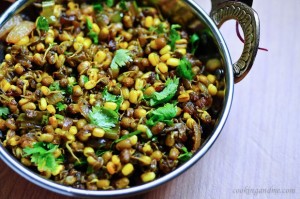

Simple carbohydrates or refined carbohydrates include table sugar or sucrose, jaggery, sago, honey, refined cereals like wheat or corn flour and breakfast cereals. Refined wheat flours include ‘rava’ and ‘maida’.
Whole cereals are composed of the bran, the germ and the endosperm.
The bran, the hard outer protective layer of the grain, contains the fibre, vitamins, minerals and antioxidants.
The germ, the nutrient rich core, contains the complex carbohydrates, fats, proteins, vitamins, minerals, antioxidants and plant compounds. When a new plant germinates from the germ, it draws nutrition from the grain.
The endosperm majorly consists of carbohydrates and a little protein, but no fibre, vitamins, minerals and antioxidants.
Refined cereals are made by grinding and removing the most nutrient rich bran and germ from the grain, retaining only the endosperm which carries the less nutritious carbohydrates and a little protein.
‘Rava’ or coarse refined wheat flour is traditionally used for making ‘shira’ and ‘upma’, ‘rava idli’ and ‘rava dosa’. ‘Maida’ or finely ground refined wheat flour is extensively used for making commercial bakery products like bread, pasta, biscuits, cakes, pastries, ‘khari’, toasts or rusks.
Refined corn flour is used for thickening soups and as batter for some fried snacks or meat dishes.
Sugar, jaggery, honey, sago and refined flours have high glycemic index. When they are consumed, the quickly digested and absorbed carbohydrates in them raise your blood sugar quickly, unleashing a surge in insulin to lower the raised blood sugar. Insulin lowers your blood sugar to subnormal levels.
This leads to a surge in two hormones, glucagon and cortisol to raise the below normal blood sugar to normal. Raised levels of both insulin and cortisol tend to increase the tendency of the body to store the extra calories as fat, rather than raising the metabolic rate (calorie burning) a little to burn them off!
Simple carbohydrates are digested quickly and leave the stomach early, making you feel hungry soon, causing overeating and weight gain. Complex carbohydrates are digested slower and also leave the stomach slower, hence you fill full longer and don’t feel hungry for a longer time. So overeating and weight gain are prevented.
Diets high in refined carbohydrates and low in fibre are associated with obesity, increased abdominal fat, increased levels of blood sugar and insulin causing insulin resistance, type 2 diabetes, raised triglycerides, heart disease, colon cancer and various digestive problems.
So the verdict is:
Complex carbohydrates are healthy. They must form the basic foundation of your food and you can be slim and healthy on a diet principally based on them. People with obesity and diabetes too can eat them sensibly.
So eat chapati, rice, preferably brown rice, dal, sprouted pulses sensibly and vegetables and fruits amply and stay slim and healthy for a lifetime!
Simple carbohydrates are bad for your weight and health and must be kept to the minimum in your food, irrespective of whether you are obese and / or diabetic or slim and healthy.
So avoid eating sugar, jaggery, honey, sago, ‘rava’, ‘maida’, refined flours like corn flour and bakery products made from them, to stay slim and healthy for a lifetime!
Healthy options:
In short, you ought to get used to keeping your consumption of ‘shira’, ‘rava upama’, ‘rava idli’, ‘rava dosa’, commercial bakery products like bread, biscuits, ‘khari’, cakes, pastries down to the minimum, if you are worried about your weight, blood sugar or heart!
Upama made from oats, rajgira or ‘daliya’ (broken wheat) instead of ‘rava’ and home baked whole wheat or whole grain bread are healthy, even biscuits or ‘khari’ made with whole wheat flour and butter, not vanaspati ghee or hydrogenated oil as the cooking medium are also permissible.
Replacing white rice, as much as possible, with brown rice is also a very healthy option.
Please also read the articles ‘Basics Of Nutrition‘, ‘Preventing Diabetes‘ and ‘Healthy Fruits For Diabetics And Weight Losers‘ on this website.
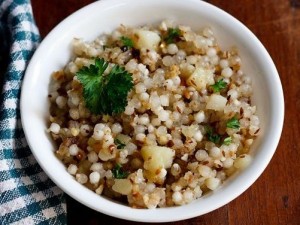


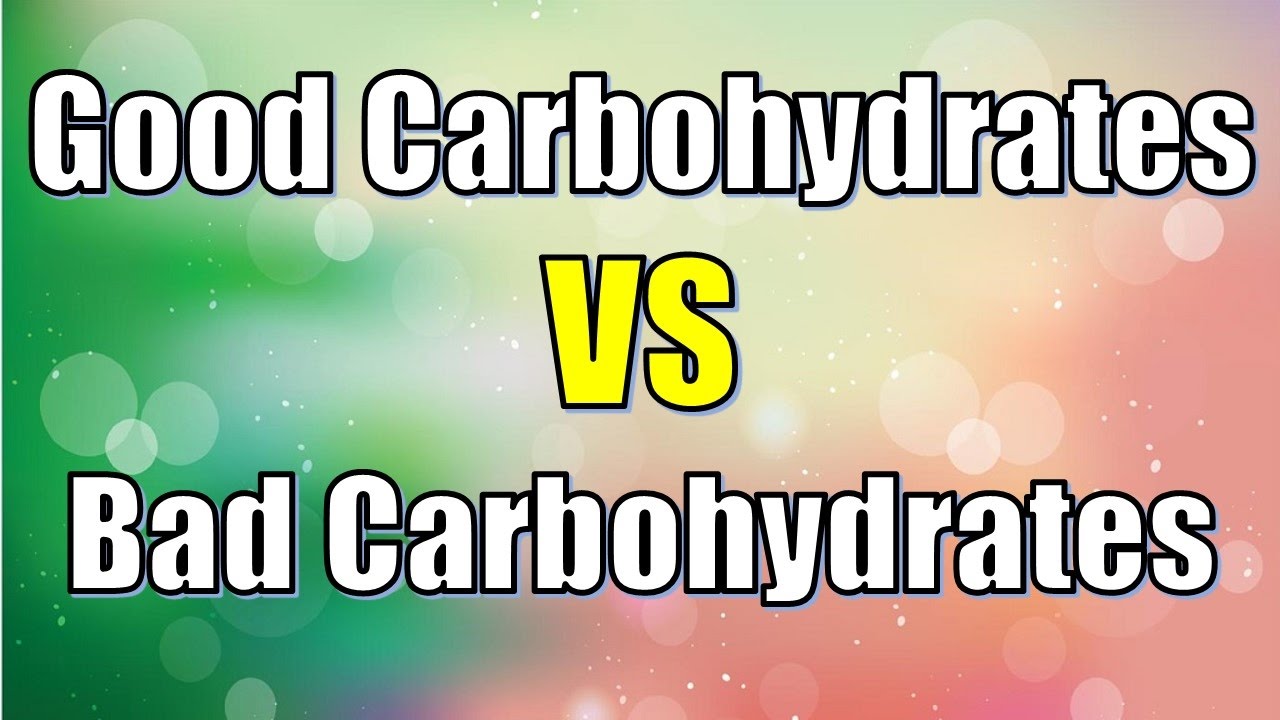
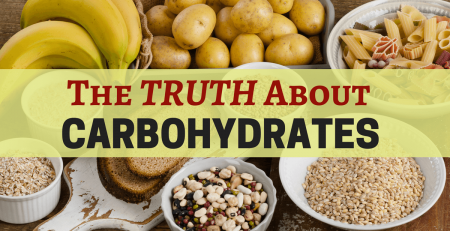
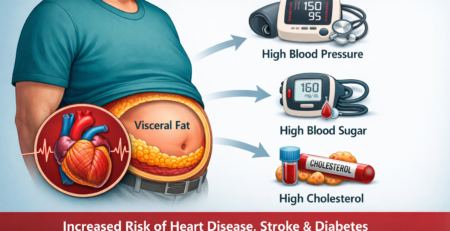








Comments (3)
Very well said and cleared doubt about complex carbohydrates. Thank you Sir.
Thank you Ms Dhanashree!
Very very informative article.If one will follow this need not have to worry about weight and total health.thanks doc